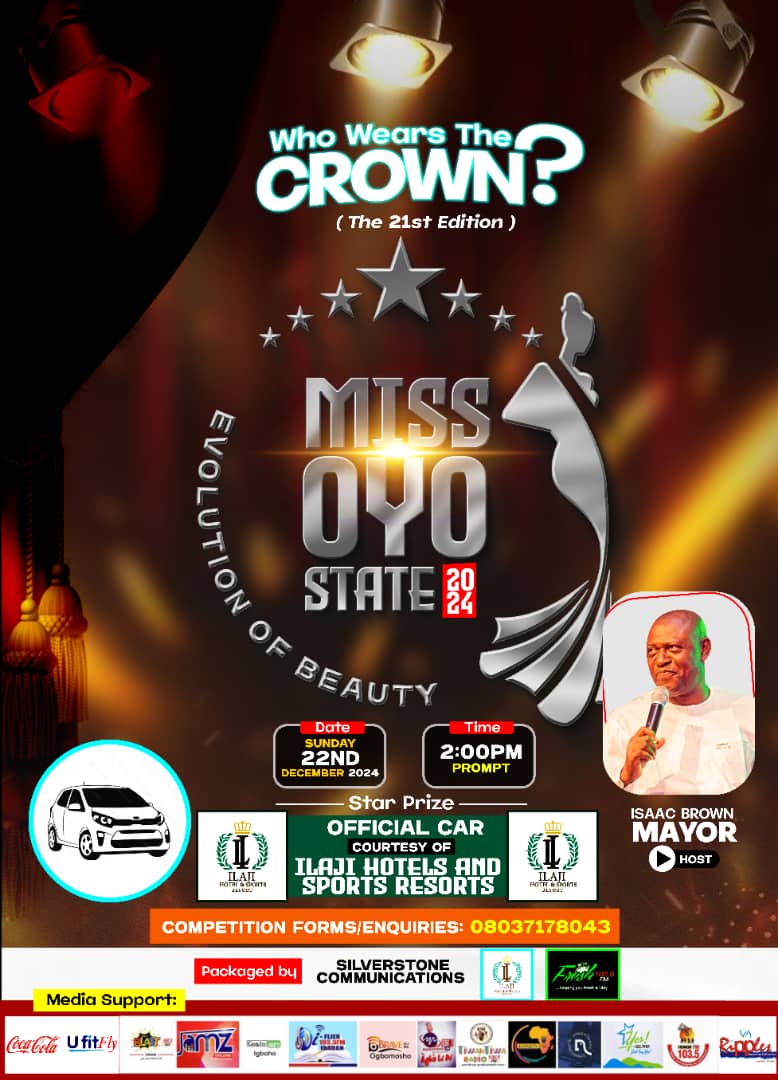Economy: Why we need to probe President Buhari
By Taiwo Adisa

In the build-up to the 2015 election, when President Muhammadu Buhari mounted the podium to seek votes from Nigerians, he campaigned on three major fronts. He promised to fight insurgency, corruption, and rebuild the economy. With this three-pronged campaign agenda, the Katsina-born military general turned politician won the hearts of his countrymen and defeated President Goodluck Jonathan in the 2015 election.

The general complaint against President Goodluck Jonathan among Nigerians was that life was hard with threats of insurgency being felt even in the federal capital, Abuja. There were orchestrated bomb blasts at Eagle Square, Nyannya, and Wuse 2, all in the capital city, Abuja. The Boko Haram insurgents had taken over Borno, Yobe, and Adamawa States, something that threatened the conduct of the 2015 general election. The Jonathan government had to declare an emergency in the three states but got little respite from the insurgents. It also had to postpone the general election by six weeks to enable it to guarantee safe polls at the time.
Amidst all that, there were shouts about alleged corruption taking place within the administration. A notable one was the allegation made by the then Governor of the Central Bank of Nigeria, Sanusi Lamido Sanusi, who was later named the Emir of Kano, deposed and later reinstated with controversy trailing each development. Sanusi had alleged that the sum of $49 billion in oil money was missing from the federation account. The government had, however, denied the allegation at different fora.

Aside from the plummeting oil prices in the international market, the economy wasn’t doing that badly. Inflation was at a single digit, while petrol was selling for N87 per litre.
With the word ‘change’ as his campaign mantra, Buhari hoodwinked Nigerians with the possible magic that he would perform if given the chance to rule the country again. Remember, he was the leader of the coup plotters that ousted President Shehu Shagari in 1983 and ended the Second Republic. His record at the time was that of a despotic, iron-fisted government, which arbitrarily imposed prison sentences on politicians, even when the tribunal he set up could not find them guilty of an offence.
In eight years, however, President Buhari ended up reversing the gains made by his predecessors. He increased fuel prices seven times and left the country’s currency prostate, with a huge foreign debt overhang. He increased fuel prices from N87 per litre in 2016 to N145 and again effected five changes in 2020 alone. He first reduced fuel price to N121 in 2020 and, in the same year, increased the same to N140 per litre; N145; N151 and N161 per litre. His last increase was in 2022 when he took fuel price to N195 per litre.
His administration, however, coincided with one of the worst incidences of crude theft, with an estimated 500,000 barrels of Nigerian oil, being stolen daily. While he inherited $34.49 billion in foreign reserves, his economic policies immediately created dollar scarcity and led to a sharp drop in foreign reserves to $29.73 billion in December 2015. In 2023, he left a foreign debt burden of $41.59 billion or N97.3 trillion, having inherited a total foreign debt of N12.6 trillion in 2015.
The Katsina-born general equally left a N30 trillion burden in ‘Ways and Means’ and was recorded to have engineered $8.8 billion crude-for-loan deals which the Nigerian National Petroleum Corporation Limited (NNPCL) has been devoting eight million barrels to offset. The corporation is said to devote 272,500 barrels daily, amounting to 8.17 million barrels monthly to offset the different loans.
Those knowledgeable about the Bola Tinubu administration have said that since January this year, the NNPCL has not remitted any proceeds of oil sales to the federation account and that this was caused by the constriction instigated by the Buhari crude-for loan deals. It was said that many of the challenges currently besetting the nation’s economy under the Tinubu administration are traceable to the indiscriminate loans Buhari incurred for the country.
But while taking loans may not be a bad idea for a country with rich resources like Nigeria, the question remains: What use was the loan deployed? If the Tinubu government feels that the Buhari administration had hampered its economic trajectory ab initio with frivolous loans whose effects cannot be traced in the economy, why can’t it deploy necessary government machinery to probe that administration?
With the statistics above, no one needs a soothsayer to know that the Buhari administration was a disaster on all fronts, even in the areas he specifically identified- Insecurity, anti-corruption, and economy. If you check the area of insurgency, Buhari’s government ended up democratising the dangerous trend by ensuring it spread across the Northern states, with his policy of pampering the insurgents. Rather than go all out against bandits and insurgents, the Buhari administration chose to midwife policy of seeking out ‘repentant insurgents’ and integrating them into the society. The result was a dampened morale among the security operatives and an undue spread in the activities of the bandits across the North and South of Nigeria. The North- West became the theatre of banditry, while kingpins seized territories in Niger, Kaduna, Zamfara, Sokoto, Katsina, and other states. Kidnapping was thriving like never before across the South and the North, while armed herders caused mayhem for farmers across the country. Thus, as Buhari departed the presidential villa in 2023, he had left the country worse than he met it. The economy was in shambles, insecurity was at an unforeseeable peak and the anti-corruption war was mute and that was despite the huge noise about anti-corruption by his administration. When stories of corruption allegations started emerging against the Buhari government, Nigerians knew it was not yet Uhuru. The Beautiful ones are not get born, so says Ghanian author, Ayi Kwei Armah.
Unlike what we saw when Buhari mounted the saddle, when his publicists openly accused the previous government of corruptive tendencies, the Tinubu government has been largely silent about the atrocities of the Buhari administration. Many have attributed that to party loyalty as the duo of Tinubu and Buhari are from the All Progressives Congress (APC). While attempts have been made by the Senate and the House to probe the N30 trillion ‘Ways and Means’ and the Tax for Infrastructure scheme, much has not been heard about the rot under Buhari.
Someone said in 2023, as Buhari was departing Aso Rock Villa, that it was good the former military general got elected president as according to him, many northerners would have deified him and possibly turned his residence into Mecca of a sort if he didn’t make it to the Villa. But we have thus seen that the administration of the acclaimed Maigaskiya superintended over a corruption-riddled government, one which would make the Jonathan government that came before it smell like roses if taken through the crucible of forensic investigation.
Should President Tinubu decide to play the statesman, in loyalty to the Nigerian Constitution, and shun the allure of party loyalist, who would not want to rock the boat in a manner that could be fatal to the image of his party, he would flag off a wholesale probe of Buhari. He needs to do that for posterity. He needs to institute a spirit of public accountability. Let the wind blow and let the romp of the foul come into public view.

